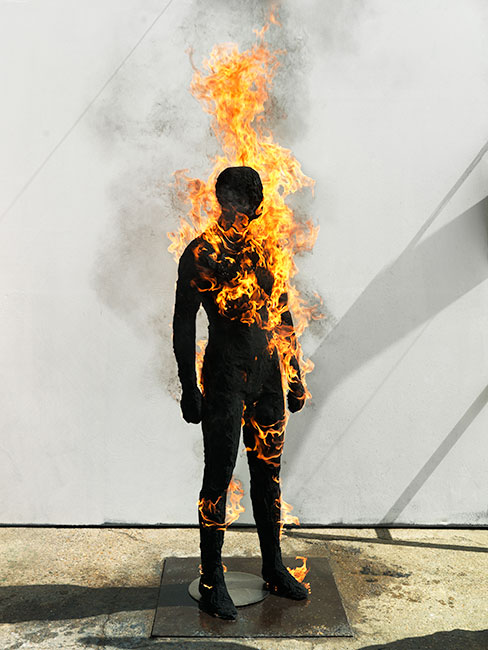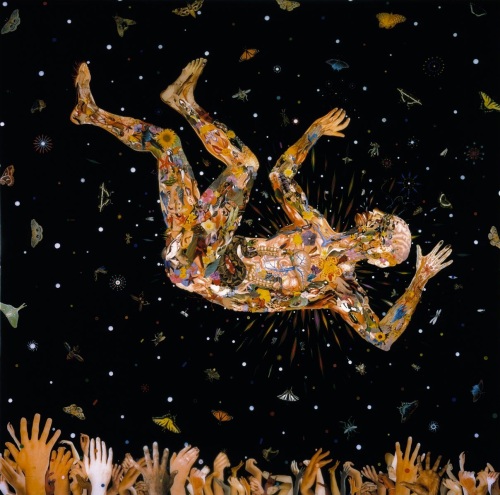I was fortunate enough to be able to study with poet Cynthia Cruz at Rutgers -Newark while completing my MFA. She’s a generous teacher and her poetry rattles me in the best way possible. (Her first collection Ruin is what I consider to be “required reading.”) Anticipating the release of two new poetry collections, Cruz sat down with Lisa Wells from The Rumpus for an amazing interview. Here’s an excerpt:
Lisa Wells: Can you talk about the madness in your work? Or is it religiosity operating there? Some marriage of the two?
Cruz: To begin with: we are all mad, it’s simply a matter of where we are on that continuum. My mind is what saved me, as a child. Thank God, I was able to vanish into the world of my mind. But, conversely, it can also be a dangerous thing. The mind can play tricks. Was Joan of Arc mad? Simone Weil? Glenn Gould? Where’s the line between bravery and honesty and genius and madness? Sometimes it overlaps. I suffered from anorexia for many years (from the age of eleven) and that is quite certainly a kind of madness. My mind told me things that quite simply were not true. I had to fight against my mind.
And then, as you say, there is the spiritual. Back to Joan of Arc and Simone Weil: mystics or mad women? Virginia Woolf? Was she “mad” or driven mad? Finally, I am not content with the idea that people who suffer from madness of any kind ought to be marginalized. Nearly everyone I know in New York City is on one kind of medication or another for anxiety or depression or what have you, so again, it’s a matter of where we fall on the continuum which is really, in the end, just luck.
And later in the interview, Cruz gives a response that I’ve been reading and re-reading.
I was anorexic for many years (from eleven years old well into adulthood), and it has not gone unnoticed that the entire “project” of anorexia is not dissimilar to the act of making poetry. Both are a kind of miming, a kind of spectacle, a way of enacting how one feels. With anorexia, I, for one, was, of course without being conscious of it, performing as a means to show the world how I felt. I wanted both to be noticed (I felt invisible) and I wanted to not be seen (I felt I was too intense.) Anorexia served its purpose. It was a deliberate translating of experience, a means of communication: by compressing all my feelings, which were overwhelming for me, I made a kind of porcelain figurine of myself. I became a symbol, a code. Anorexia was a whirring machine into which I poured everything and, as a result, through anorexia, I was able to survive these feelings and experiences. With poetry, I do much the same thing: it is also a whirring machine I put all my thoughts, feelings, and experiences into. I compress and revise compulsively (again, like anorexia, a kind of compulsive repetition and deletion of parts of the self {the self being poem or self}) until I have a perfect box of words that then stand in for experience, feeling, thought, a kind of perfect diorama, a world in miniature. I would not be alive today were it not for both anorexia and poetry.
Read the interview in its entirety here.



